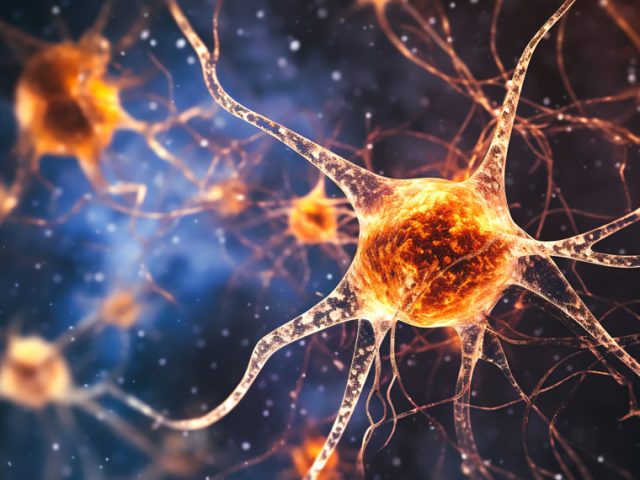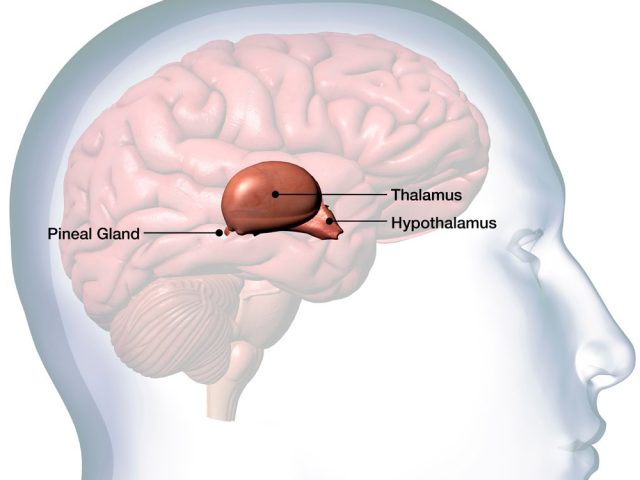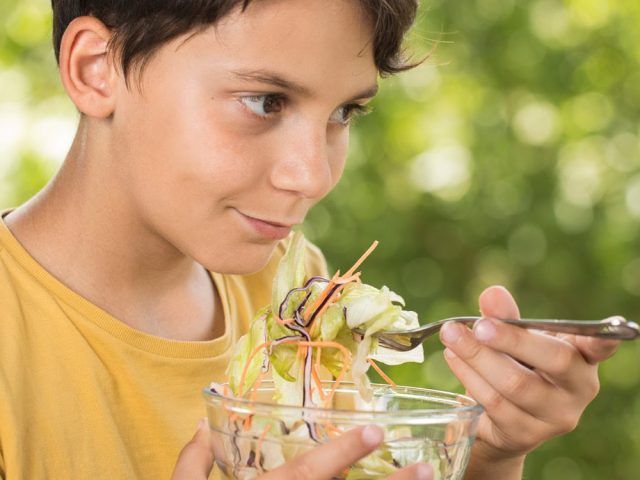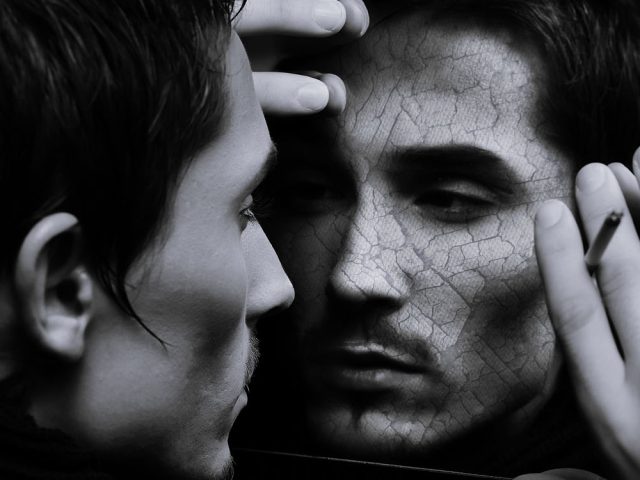A new study by neuroscientists at the Massachusetts Institute of Technology sheds light on how the brain creates internal maps of space. Their research in mice reveals that while some …
 Cognitive Science
Cognitive ScienceSleep helps stitch memories into cognitive maps, according to new neuroscience breakthrough
 Social Psychology
Social PsychologyOpenness to sugar relationships tied to short-term mating, not life history strategy
People’s openness to “sugar relationships” is more strongly predicted by their interest in short-term mating than by their broader life history strategy, according to new research published in Evolutionary Psychology. …
 Mental Health
Mental HealthPositive early experiences may buffer suicidal thoughts in those with trauma symptoms, new study finds
A new study published in the journal Death Studies suggests that positive childhood experiences can reduce the impact of trauma-related stress on suicidal thoughts in young adults. Researchers found that …
 Neuroscience
NeuroscienceNeuroscientists identify key gatekeeper of human consciousness
A new study published in Science has identified the thalamus as a central player in how humans become consciously aware of visual information. By recording electrical activity directly from the …
 Psychopharmacology
PsychopharmacologyStudy links moderate awe in psychedelic ayahuasca journeys to better well-being
A new study published in the Journal of Psychoactive Drugs challenges common assumptions about the role of awe in psychedelic experiences. While awe is often viewed as a positive and …
 Mental Health
Mental HealthMIND diet linked to better attentional control in schoolchildren, study finds
A study of schoolchildren found that children whose diets more closely resembled the MIND diet (Mediterranean-DASH Intervention for Neurodegenerative Delay) performed better on a cognitive task measuring attentional control. In …
 Mental Health
Mental HealthDigital therapy cuts body image anxiety in men by tackling appearance habits
A new study published in Cognitive Behaviour Therapy has found that appearance-related safety behaviors—such as repeatedly checking one’s appearance in the mirror, asking others for reassurance, or avoiding social situations …